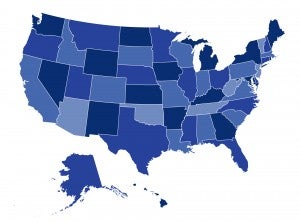The Affordable Care Act in the Biden Era: Identifying Federal Priorities for Administrative Action

The Biden administration has pledged to use its executive authority to build on and improve the Affordable Care Act. In a new issue brief for the Commonwealth Fund, Katie Keith analyzes recommendations to the Biden–Harris presidential transition team made by patient and consumer advocates, health insurers, hospitals, physicians, state marketplace officials, and state insurance commissioners to identify high-priority policy changes.




